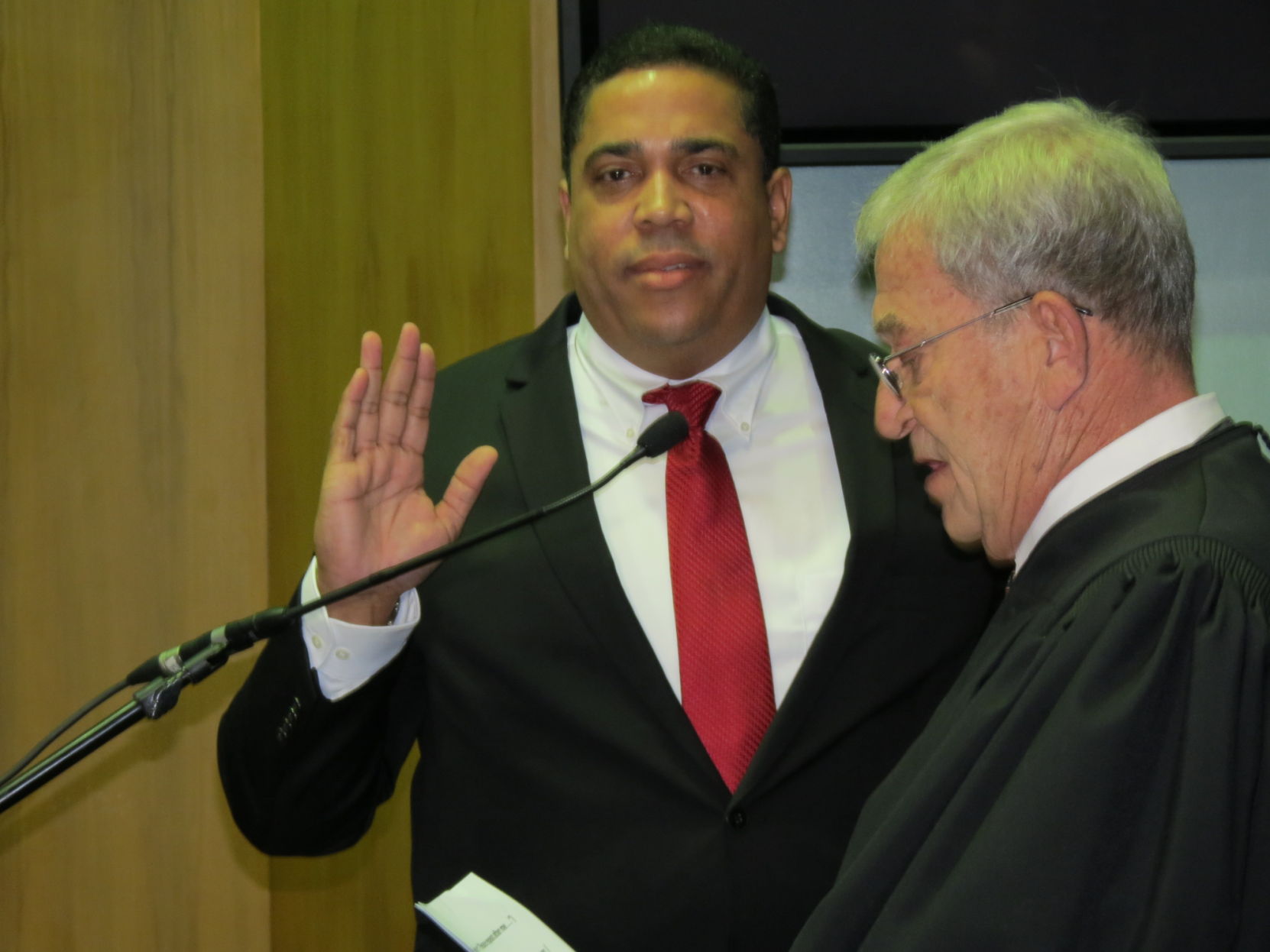
Shooting shocks Thibodaux: Woman found dead in family’s store
January 2, 2015
Lafourche, Terrebonne judges take oath of offices
January 2, 2015All assets and stock of Bollinger Shipyards, Inc. has been purchased by Ben Bordelon and the family that owns Edison Chouest Offshore.
Bordelon, who served as Bollinger’s Chief Operating Officer at the time of the sale, will now assume the duties of chairman, president and chief executive officer.
Bordelon is the grandson of Donald G. Bollinger, who founded the shipyard in 1946.
He joined Bollinger in 2000 as a project manager and has held many managerial positions. He was named Chief Operating Office in 2013 and previously served as executive vice president of repair from 2002 to 2013.
Bordelon holds a bachelor’s degree in business from Louisiana State University, where he was an All-SEC football player and team captain. He went on to play for the San Diego Chargers until his retirement in 1999.
Bordelon is Vice Chairman of the Board for Offshore Marine Service Association and an active board member of the National Offshore Safety Advisory Committee, Fourchon Oilman’s Association, Tiger Athletic Foundation, Young Presidents’ Organization and National Ocean Industries Association.
On the same day Bollinger announced its shakeup, the United States Court of Appeals vacated the dismissal of a Federal Government civil lawsuit by the U.S. District Court for the Eastern District of Louisiana accusing Bollinger of misrepresenting hull strengths on boats lengthened for the Coast Guard.
Judges W. Eugene Davis, Harold R. DeMoss and Jennifer Walker Elrod reversed and remanded the case for further proceedings. On Jan. 30, 2013, United States District Judge Sarah S. Vance dismissed the case citing “negligent misrepresentation and unjust enrichment claims.”
Davis wrote in the opposing ruling, “We conclude the district court erred by improperly weighing the evidence, by focusing on facts the United States did not plead rather than the inferences that the pleaded facts supported, and by viewing the facts in the light most favorable to Bollinger.”
The ruling went on to state the rule by which the district court threw out the lawsuit – filed in 2011 and thrown out in 2013 – did not require the United States to present its best case or even a particularly good case, only to present a plausible case.
The complaint “satisfies that minimum standard,” Davis wrote. “Whether or not the United States may prevail on its claim in later stages of this proceeding, it has at least stated enough to survive this facial challenge.”
According to the court document, in 1999 the Coast Guard wanted to convert existing 110-foot patrol boats into 123-foot patrol boats to extend the service life of the boats. Bollinger had originally built the boats and was subcontracted for the extension, according to the court document.
The government alleges that in September 2000, the Coast Guard notified Bollinger, and the contractor ICGS, that it was concerned about the structural integrity of the hulls of the vessels to be modified.
Bollinger submitted calculations defending the plans, according to a court document. The Coast Guard complained that the representation was unreasonable.
The United States claims Bollinger “either knew that their statements were false or had a reckless disregard of their truth or falsity” regarding its calculations for the lengthening of the boats.
Bollinger and the Coast Guard have been involved in contracts since this deal in question.
Bollinger Shipyards, headquartered in Lockport, is a designer and builder of various vessels and has 10 shipyards and 30 dry docks in Louisiana and Texas.
Both Bollinger Shipyards and Edison Chouest Offshore declined a request by The Times for further comment.








